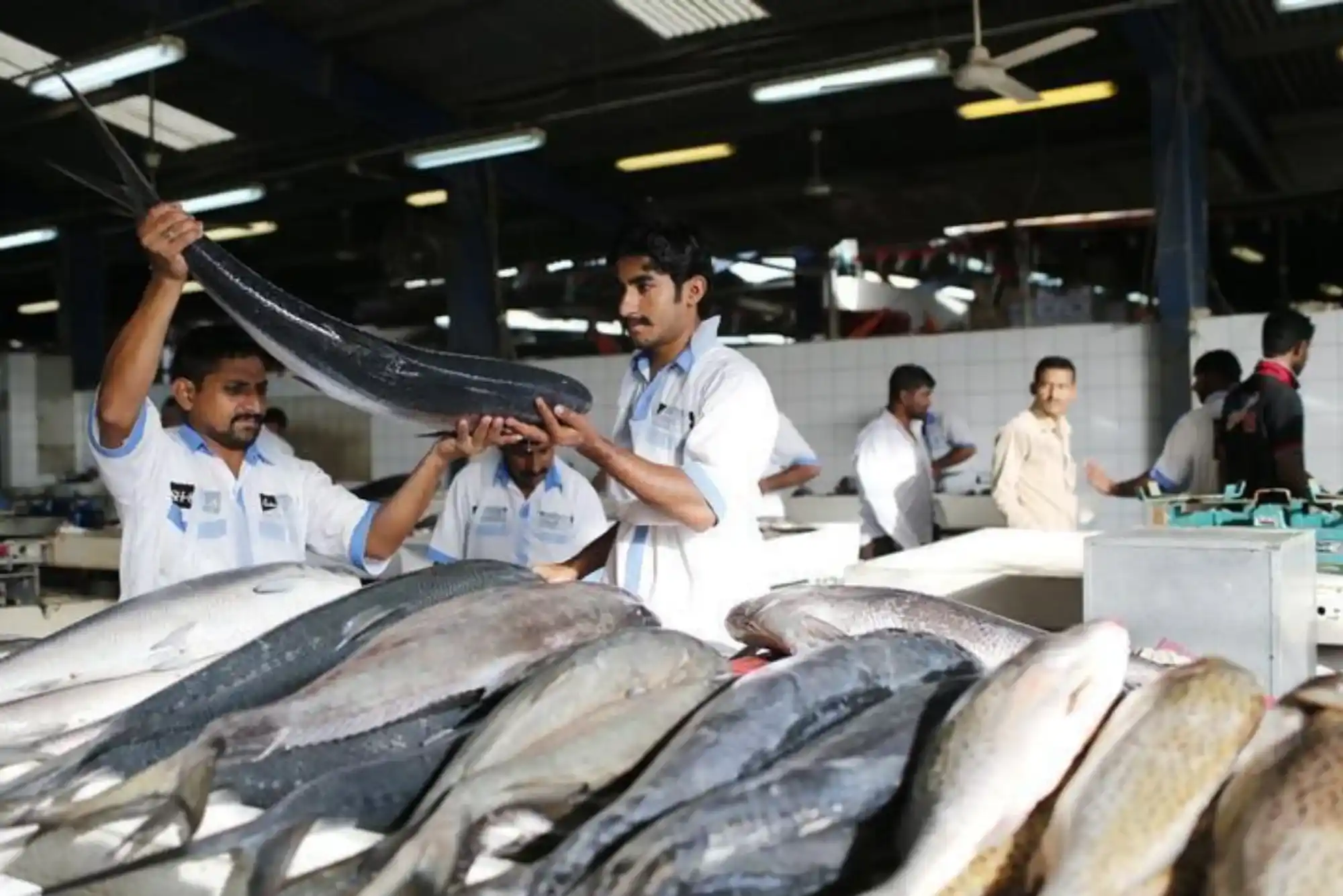Why Do Casinos Offer Free Spins and Cashback Offers
Casinos—whether traditional or online—aren’t in the business of giving away money for nothing. Yet, it’s common to see offers such as free spins, cashback rewards, or no-deposit bonuses promoted to new and loyal players alike. This raises a vital question: why do casinos offer these incentives if their goal is to make a profit? The answer lies in the psychology of player behavior, strategic marketing, and long-term profitability.
Free spins and cashback offers are tools that serve multiple functions: attracting new users, retaining existing players, encouraging continued play, and ultimately, maximizing revenue. However, when viewed from the player’s perspective, these offers can be useful—if managed wisely.
Let’s dive deep into the motivations behind these casino incentives, how they tie into the house edge, the psychology of gambling, and how players can responsibly navigate this landscape.
The Casino’s Strategy: Acquisition and Retention
Free spins and cashback deals are primarily acquisition tools. In a hyper-competitive digital gaming industry, grabbing a new player’s attention is incredibly difficult. Hundreds of platforms offer similar slot games and live casino tables, making brand loyalty a fragile asset. So casinos use these incentives to stand out.
When a player signs up and sees 100 free spins or a 20% cashback offer on losses, they’re more likely to try the platform. Once they’re in, casinos use behavioral analytics to track playing patterns and personalize future offers. Cashback, in particular, makes players feel less of a sting from losing bets, encouraging them to keep playing.
But don’t be mistaken—these offers are not acts of generosity. They’re calculated business decisions designed to ensure the player spends more time (and eventually money) on the site. Over time, the value of a returning customer far exceeds the cost of free spins or cashback given.
Understanding the Odds: House Edge Still Wins
Even with free spins or cashback deals, the house edge—the built-in advantage of the casino—doesn’t disappear. For example, a slot machine might offer 96% RTP (return to player). That means, over time, it will pay back 96% of what it takes in. The remaining 4% is the casino’s profit margin.
Free spins typically apply to specific slot games with lower-than-average RTPs or high volatility. That means you might get 20 free spins, but the likelihood of winning anything substantial is low. Furthermore, any winnings from those spins are usually subject to wagering requirements, meaning you have to re-bet them multiple times before withdrawal is allowed.
Cashback offers often follow a similar structure. They are usually capped and often only apply to net losses over a specific time frame. While it’s tempting to view a 10% cashback as a way to recoup losses, it’s more of a psychological buffer than a financial win.
Bankroll Management and Bonus Offers
Free spins and cashback can extend your playing time, which might seem like a good thing—but it also creates the illusion of security. If a player thinks their losses are partly covered, they may end up betting more than their bankroll allows.
Smart bankroll management requires viewing bonuses for what they are—temporary boosts, not long-term advantages. Allocate a fixed amount of money you can afford to lose, and treat any free spins or cashback as bonus time, not bankroll extensions.
This is especially critical in volatile games like online slots, where the variance can be brutal. Free spins can yield nothing or surprisingly big wins—but they’re most often small or symbolic. The key is to treat these bonuses with caution and awareness.
Game Selection Matters
Casinos usually tie free spins to particular games, often the newest or most volatile slot titles. This serves a dual purpose: it introduces players to games they might not try otherwise and promotes certain providers or titles that casinos want to push due to better profit margins or promotional partnerships.
That’s why reading the terms and conditions is essential. Some games may have lower RTPs or obscure payout rules. Picking the right games when using free spins—or knowing when not to use them—is an underrated strategy.
For cashback, the eligible games are often broader, but some are excluded (especially low-risk table games like blackjack or roulette). Players looking to maximize value from these offers should focus on high RTP games with medium volatility and ensure their gameplay meets the bonus criteria.
Responsible Gambling and the Illusion of Safety
One of the subtler dangers of free spins and cashback is that they can distort a player’s perception of risk. A free spin feels like it costs nothing, even though it can lead to real-money losses if it results in a win and subsequent reinvestment.
Similarly, cashback rewards are often positioned as “insurance” against losses. This can reduce the emotional impact of losing and encourage continued betting. In psychological terms, this is called loss aversion mitigation—the idea that we fear losses more than we value equivalent gains. Casinos leverage this principle to encourage risk-taking under the guise of protection.
That’s why it’s critical for players to recognize the manipulative potential of these offers and maintain strict self-control. Use deposit limits, time reminders, and self-exclusion tools if necessary. Responsible gambling isn’t just a slogan—it’s the only way to ensure a healthy and enjoyable experience.
Legal Considerations and Regulatory Protections
In regulated markets like the UK, casinos must follow strict guidelines when offering bonuses. This includes transparent terms, fair wagering requirements, and access to self-exclusion tools. It’s part of what makes platforms such as crypto casinos uk a popular choice among safety-conscious players who still want a decentralized and modern experience.
These regulations exist to protect users from predatory practices and ensure they understand what they’re signing up for. However, unregulated or offshore casinos may not offer the same safeguards. That’s why it’s crucial to check licenses, read terms, and avoid platforms that offer “too good to be true” promotions.
Bonus offers—especially free spins—can be particularly dangerous in jurisdictions with lax regulations. Some platforms hide draconian conditions in the fine print, including withdrawal limits, time constraints, and even bonus clawbacks.
Always verify that the platform is licensed by a reputable authority, such as the UK Gambling Commission, Malta Gaming Authority, or Curacao eGaming. This becomes even more important when choosing among crypto casinos uk, where decentralization meets traditional compliance needs.
A Double-Edged Sword
Free spins and cashback offers aren’t scams—but they’re not free money either. They’re strategic incentives designed to attract and retain players while maintaining the house’s edge. Used wisely, they can add value to your gambling experience. Misused, they can lead to losses and compulsive behavior.
The best approach is to treat these offers as opportunities rather than guarantees. Read the fine print, understand the odds, and manage your bankroll with discipline. And most importantly, always gamble responsibly.
By recognizing the true function of casino bonuses and keeping your expectations grounded, you can enjoy the games for what they are: entertainment. Not financial strategies.








